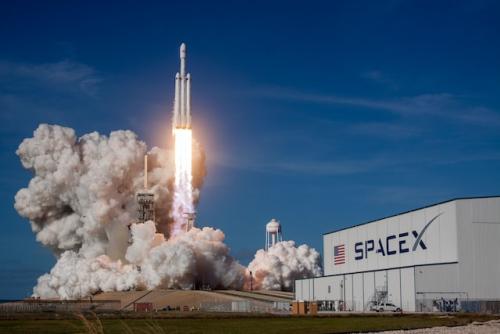"The surprise launch of Sputnik 65 years ago, along with the Apollo moon landings, the two space shuttle disasters, and perhaps the movie Armageddon, may encapsulate the space age in our collective memory. But these events obscure a less dramatic, yet far more frequent, activity: near-daily commercial space launches," write Ray Jayawardhana, the Harold Tanner Dean of Arts and Sciences, Sarah Kreps, the John L. Wetherill Professor of Government in the College of Arts & Sciences and Director of the Cornell Brooks School Tech Policy Institute, and Avishai Melamed, a Ph.D. student in the Department of Government (A&S) and a graduate fellow of the Tech Policy Institute. Their op-ed, "The promise and perils of the new space boom," published Nov. 2 in the Brooking Institute's TechStream.
In their op-ed, they argue that "the proliferation of commercial space activity demands better coordination and stronger oversight to minimize technical accidents and political tensions." They explore national approaches to commercial space activity, policy challenges and risks and advocate for American leadership.
Read the entire TechStream piece here.




